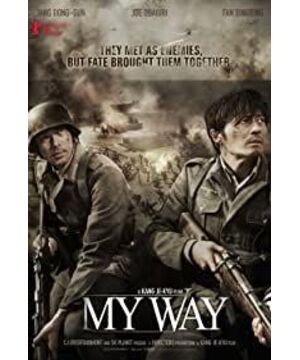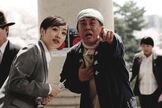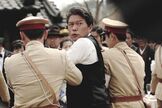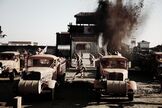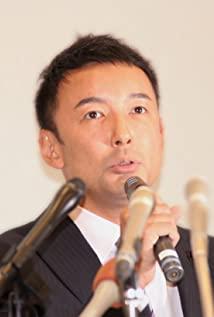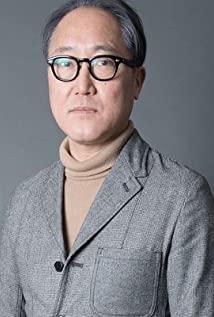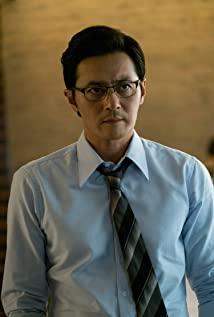1. The beginning part is that the Japanese occupied Korea, the Japanese made a fortune, and the Koreans lived a hard life under the leadership and oppression of the "Korean traitors". Some students who washed the land for the Japanese invaders and said that the Japanese occupation of Northeast China had a good economic development can read this paragraph. It was the Japanese who had a good life and had nothing to do with the colonized people.
2. The part that particularly shocked me was when the male protagonist and his North Korean friends were first recruited into the army, and the officers gave instructions on the train, saying, "Soldiers must be loyal" and "Soldiers must move forward bravely". Although it sounds uncomfortable, But there was an air of fanatical militarism within the Army at the time, and this detail was real.
3. When the second man ran off to become an officer, he ordered his soldiers not to retreat in a battle that was obviously going to fail, and then he foolishly charged himself, which is also quite true. Especially in the later period of the Pacific War, when Japan's defeat was revealed, the Japanese troops in Guashima, Iwo Jima, and Okinawa all preferred to die rather than retreat.
Then the clothing and make-up were done very delicately, and the military uniforms of the four countries were made very realistic. It can be seen that the production attitude is serious. There is nothing wrong with the main story. The protagonist is actually not a brave warrior. He hides in the trenches when people charge, and he runs back when others advance, so he can live to the end. Although there is a halo of the protagonist, it is not too much.
Overall, it is a well-made film, although it feels more forceful in the details, the main line has a sense of anticlimactic. Since the two joined the German army, the rhythm of the story seems to have changed from the train to the plane, and began to speed up and rush back. The small plots in the first half are very touching. For example, the protagonist's friend had to betray another friend to steal something in order to survive, so that the person was hanged.
In the end I only gave it four stars. Let's talk about the flaws that can be picked out:
1. Fan Bingbing's role is a bit inexplicable. No explanation was given why a Chinese would serve in the Red Army, maybe also a prisoner of war? Then why was she not executed immediately after being caught by the Japanese army? I thought it was an important role, but I got my lunch soon... So why set this role? In order to make the protagonist wake up to the truth that "friendship knows no borders"?
2. Why did Jeon Tae become the foreman when he was captured by the Soviet army? Because he was caught first?
3. The most complained about should be why Uncle's character suddenly exploded with humanity under the protagonist's halo, and began to truly treat the male protagonist as a friend... The change is so fast.
View more about My Way reviews


